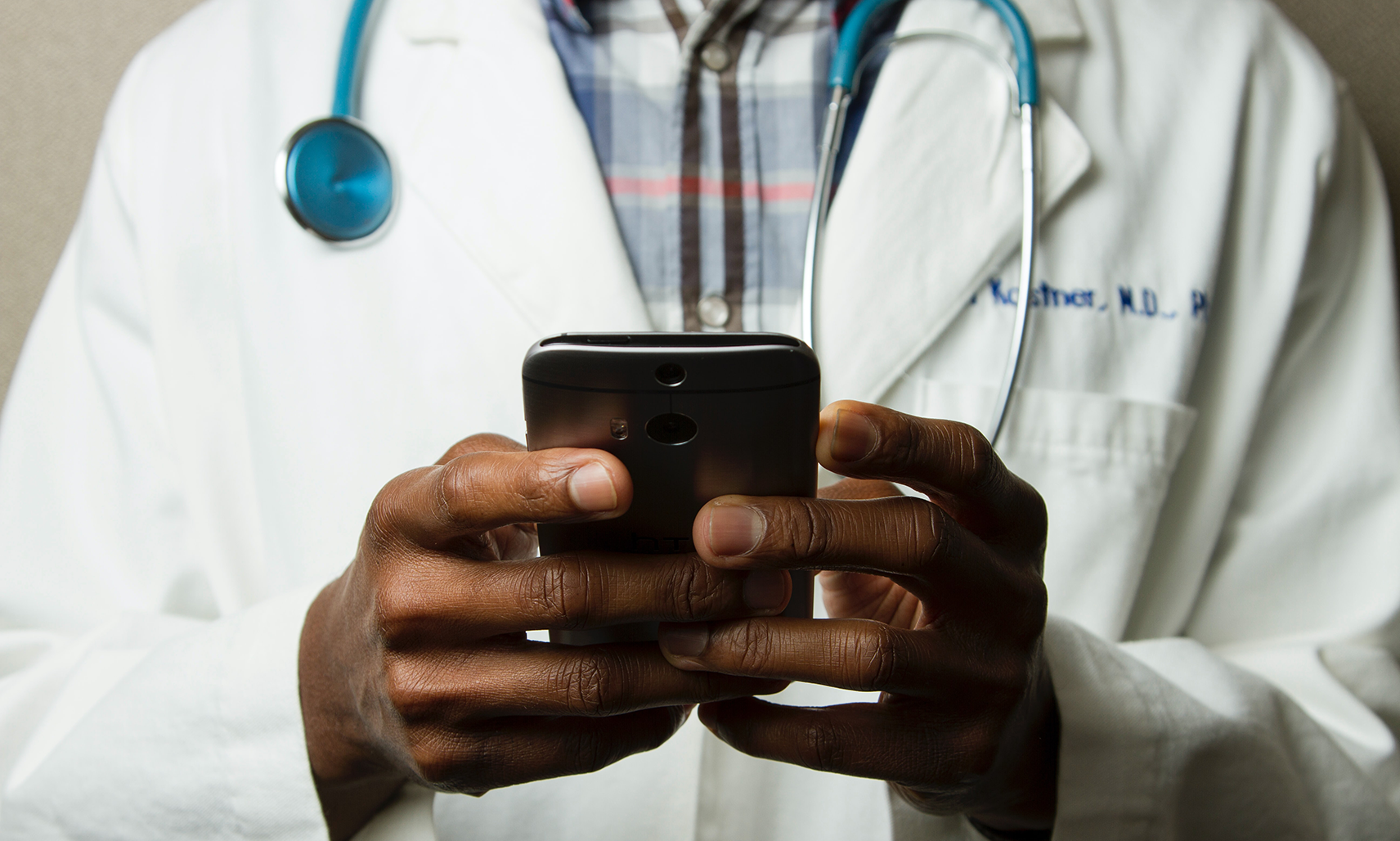M.D., Please: A Story of Adversity in Med School
- by
- Feb 24, 2021
- Reviewed by: Amy Rontal, MD

Becoming a doctor is a rigorous and challenging journey in itself. For people of color, this journey is met with additional obstacles and challenges. There are still too few minority students and doctors within medicine.
As we recognize the achievements and history of African Americans during Black History Month, we take this time to share the experience of a black medical student first hand, Michael Jackson, Jr. While Mr. Jackson may be a few steps away from receiving his medical degree this year, we are reminded of how much more progress still needs to be made.
M.D., Please. My Journey as a Black Medical Student.
You made it. Despite the numerous all-nighters, tons of exams, and a stellar interview, you finally reached your goal of medical school. Time to breathe. If you are like me, that acceptance letter serves as a trophy to a community where dreams of entering the prestigious realms of medicine are far and few.
As a native of the South Side of Chicago, becoming a doctor, to some, echoes the genetic makeup of someone who “just got lucky.” Especially to students without guidance or resources necessary to withstand the grit and, at times, the cryptic nature of medical school.
In my opinion, it’s this extra layer of necessity and the types of external stressors that separate the level of experience for each student during their journey in medicine.
My journey began at the University of Chicago, where I majored in the biological sciences. Plagued by familial and financial hardships early on, I knew that this road would be an uphill battle. However, my passion to soothe the pain felt by my community from senseless killings and inadequate living conditions as a physician fueled my inner drive to carry on.
In an attempt to strengthen my knowledge of the basic sciences and test-taking strategies, I entered SIU’s MEDPREP Post-Baccalaureate Program. Despite the lack of physical support from family, my cohort at the time served to soften the blow of learning in a predominately ultra-conservative city.
The autumn of 2012 served as a springboard to pursue my mission, as I began medical school at Loyola SSOM. Understanding from my close council at the time that embarking on such a journey with limited resources would be challenging, if not impossible, I took on the challenge.
I made a vow, 17 years prior, to help those at their darkest moments see light through the gift of medicine. Unfortunately, similar to undergrad, I encountered financial problems early on, which continued to thwart my progress.
Forced to take leaves of absence to work, and having to endure two bouts of homelessness at my darkest moment in school, I could not let go of my dream. I was still determined to keep my promise of continuing this path and to one day strengthen the spirit of my community through the gift of medicine.
Although my story sheds light on, perhaps, the “will to win” based on necessity, what happens when you add in attendings grading you lower than your peers when the same knowledge was regurgitated while on the floors?
Being harassed during exams by proctors, constantly questioned by security guards on campus, or being mistaken as a janitor when in the hospital?
Keeping an optimistic mind is questioned, however, what’s the alternative?
Is it because I am a black male, you ask? Or is it because others want to test the innate hunger that you may elicit from the struggles that you have overcome?
Although racism in many of the experiences listed could be apparent to most, to stay fully engaged on my purpose, I must adhere to the latter; almost becoming numb to presumed racist endeavors for nearly a decade.
Knowing that I must prepare twice as hard as (maybe) a student who is not a minority, given the optics of being incorrect in a predominately white field comes with the territory. But should it?
Understanding that presentation, including the length of my hair or if glasses are a part of my image for the day, if done right, will help discourage any opposition to my learning either by patients or clinical staff. These are just thoughts that, unfortunately, some black men like myself are forced to think about with the hopes of entering the next clerkship on an equal playing field, subjectively speaking. All while completing the duties of most medical students, reading up on patients and mastering UWorld, CaseFiles, etc.
Are we actively creating an environment in medicine that is structured for optimal learning by all students? Or are we placing unnecessary stressors on minorities to “fit in,” causing them to become less genuine or jaded in the process?
One could dare to introduce the idea that this coupled with learning a new language (medicine), being pulled over and illegally searched on your way to the clinic (like myself), and the worry of paying for your next meal without the confidence that a family member can help without taking food from their table makes the road to a medical degree even more daunting.
Even with a snippet of my story, one can see that the groundwork to deter anyone (specifically a young black male) from the inner city, without a parent or sibling in medicine, and/or a solid financial backing, to choose medicine as their field of choice has been strategically placed throughout history.
Remaining optimistic, less is more. But in the age of uncertainty, we need more. More black male physicians.
Without having to harness this ‘will to win,’ (with Rocky’s theme song in the background) every morning of clerkship or even strolling through campus, how can WE change this picture?









